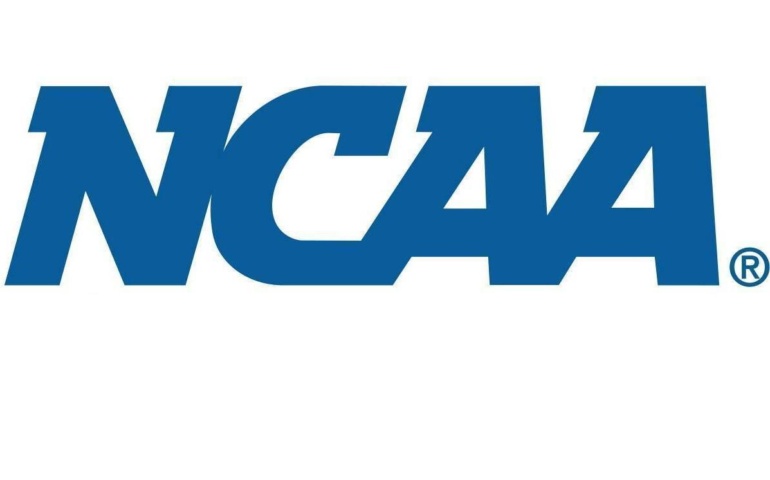Effective immediately, the NCAA has extended the recruiting “dead period” for all D1 and D2 sports through May 31st. Coaches are not allowed to meet face-to-face with a recruit off campus or do any in-person scouting. They have also encouraged all colleges to stop all official and unofficial visits. Recruiting will not stop completely; coaches and recruits can still communicate over email, phone, text and social media.
- What you need to know about the new NCAA rules
- What are the NCAA Dead Period rules?
- What does in-person recruiting mean?
- What this means for recruits
- How recruiting still happens during a dead period
- How does this impact seniors in the class of 2020?
- How does this impact college camps in the spring and summer?
What recruits need to know about the new NCAA rules
- All in-person recruiting is suspended through May 31st
- Colleges are advised to suspend official visits and unofficial visits to campus
- All recruits should check with any coaches they have scheduled visits with
- Coaches and recruits can still communicate via phone and written correspondence (email, text and social media DM’s)
- The NCAA will continue to consult experts to determine whether the date needs to be extended
What are the NCAA Dead Period rules?
The most important rule to remember about dead periods is that coaches may not have any in-person contact with recruits or their families. Learn more about dead periods here. While the NCAA’s rules in response to the coronavirus aren’t identical to an official dead period, they are very similar. Reading up on dead periods will help you understand what to expect from now until May 31. In short, the NCAA is encouraging schools to stop conducting visits and in-person recruiting.
What does in-person recruiting mean?
In-person recruiting refers to any off-campus contact and in-person scouting. By advising coaches to suspend in-person recruiting, the NCAA essentially aims to take coaches “off the road” and stop recruiting from taking place at the athlete’s school, camp or anywhere else.
What this means for recruits
- Impact on on-campus contact: If you have arranged to meet with a college coach on- or off-campus, contact them directly to reschedule your visit.
- Impact on off-campus contact: While all on-and off-campus recruiting has been suspended, coaches and recruits can still communicate via email, phone, and private messages like DM’s as long as they follow NCAA recruiting rules.
- Since college coaches will be relying on digital communication now more than ever, it’s important to build a competitive profile and continue to manage your recruiting process.
- Though this decision currently applies only to the NCAA D1 and D2 levels, NCAA D3, NAIA and NJCAA level coaches are following suit with their own updates. If you are in contact with coaches at these programs, we recommend checking directly with them to ensure face-to-face meetings or in-person scouting are not canceled or postponed.
How recruiting still happens during a dead period
During a dead period, recruiting does not completely stop. Recruiting activity moves to phone, email, text and social media DM’s. As long as it is within the contact rules, recruits can connect with a coach digitally. Coaches are still actively evaluating recruits online by watching film, researching grades and searching recruit databases.
How does this impact seniors in the class of 2020?
The NCAA has provided no updates on recruiting specifically for the class of 2020. Given the unprecedented nature of the impacts of COVID-19 on the recruiting process, the NCAA is focused on ensuring the health and safety of all student-athletes and college coaches. Keep in mind, college coaches are trying to figure out what needs to happen with their current athletes on-campus and are just as uncertain as families at this point.
Because the new rules do not prevent phone and written communication, coaches can still conduct much of their recruiting over the phone and online. At NCSA, we expect coaches to continue communicating with recruits, seniors in particular, once they have ensured the safety of their current athletes.
How does this impact college camps in the spring and summer?
The recent extension of the “dead period” through May 31 means college camps scheduled for May will be impacted, with the possibility of June and July camps also being affected. The NCAA will continue to consult with experts to determine whether the date should be further extended.
Original article can be found here.

